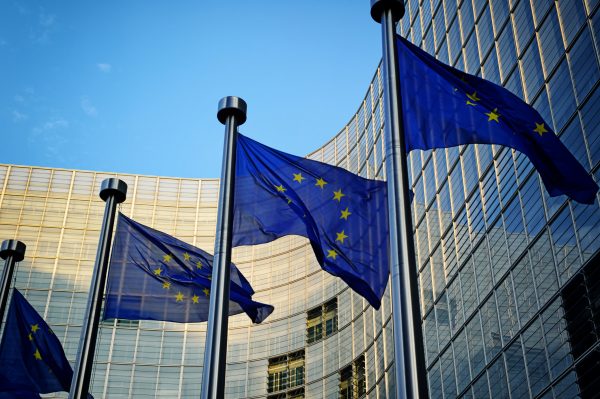The European Union’s landmark Deforestation Regulation (EUDR) was all set to go into effect at the end of this year. The law requires that commodities that have been linked to deforestation and other environmentally harmful agricultural practices (such as palm oil, soy, rubber and wood) must meet certain sustainability standards before they are allowed to enter the European market. The goal is to ensure that things like palm oil are being produced in a sustainable manner, and the EU is attempting to leverage its market power to force compliance.
The law has been met with backlash, particularly from major commodity exporting countries. Indonesia and Malaysia make up most of global palm oil exports, for instance, and have been arguing that the EUDR is unfair and ill-conceived. In particular, the argument has been advanced that smallholders will be overwhelmed by the administrative, financial, and technical burden of complying with the law.
In early October, the EU announced it would be delaying the planned implementation by 12 months. Large companies will need to comply by the end of 2025, and small and micro-companies by June 2026. The additional time is supposed to allow producers to develop more comprehensive compliance mechanisms and familiarize themselves with the ins and outs of the law.
The EU insists the delay is simply to provide more preparation time, and that it in “no way puts into question the objectives or the substance of the law.” But environmental groups have been critical, saying it “sends the wrong signal to national governments, both within and outside the EU.” Indonesia and Malaysia meanwhile have applauded the decision, although they would still prefer to see the regulation voided entirely rather than merely postponed.
Clearly, the EU believes it has sufficient leverage to convince producers that access the European market and that the increased cost of regulatory compliance is worth it. Europe has wielded market access in this way before. In 2007, Indonesian airlines were denied access to European airspace because of their poor safety record, and this eventually helped drive improvements in the Indonesian aviation industry.
But 2007 was a long time ago, and countries like Indonesia and Malaysia are less receptive to being dictated to these days, especially when it comes to producing and exporting commodities over which they control the majority of global supply. In that light, this latest attempt by the EU to force sustainability standards onto commodity producers by dangling market access as a reward may have been a misjudgement.
For one, the European market for global commodities, while still large, is shrinking relative to growth in demand from other rapidly growing markets. If we go back to 2007, when restrictions were being placed on Indonesian airline carriers, Europe accounted for about 24 percent of global palm oil imports. By 2021, its share of the global market had fallen to 18 percent. Meanwhile, demand has been surging in Africa and India. In fact, India alone now accounts for about the same amount of palm oil imports as Europe.
What this means is that if Indonesian and Malaysian palm oil producers find the cost of compliance is indeed too high or too complicated, there are other markets into which they can sell their products. Although the European market is very large, this relative shift in global economic power somewhat weakens the EU’s ability to wield market access as a bargaining chip in quite the same way as they did fifteen or twenty years ago. When it comes to exports, producing countries simply have more choices now.
Another thing to consider is geopolitics and rising economic nationalism. The European market is large, and exporters would ideally like to access it. But not, perhaps, at any cost. Middle powers like Indonesia and Malaysia are becoming increasingly assertive about their own economic and geopolitical interests these days, especially when it comes to trade.
And they have come to realize that as the primary global suppliers of critical commodities, they can wield as much or more leverage on the supply side as big markets like Europe can wield on the demand side. Indonesia in particular has been very aggressive in recent years about using export bans on critical commodities like nickel.
One lesson this has taught them is that producers have power too, especially if they are willing to accept short-term sacrifices to achieve longer-term goals (like undermining regulatory regimes they find excessively restrictive). Malaysia and Indonesia produce around 85 percent of the world’s palm oil, so the question is who really has the upper hand in this dispute: the producers who control 85 percent of supply, or the market that accounts for 18 percent of demand? Given the EU’s decision to delay implementation by a year, we might be inching closer to an answer.


